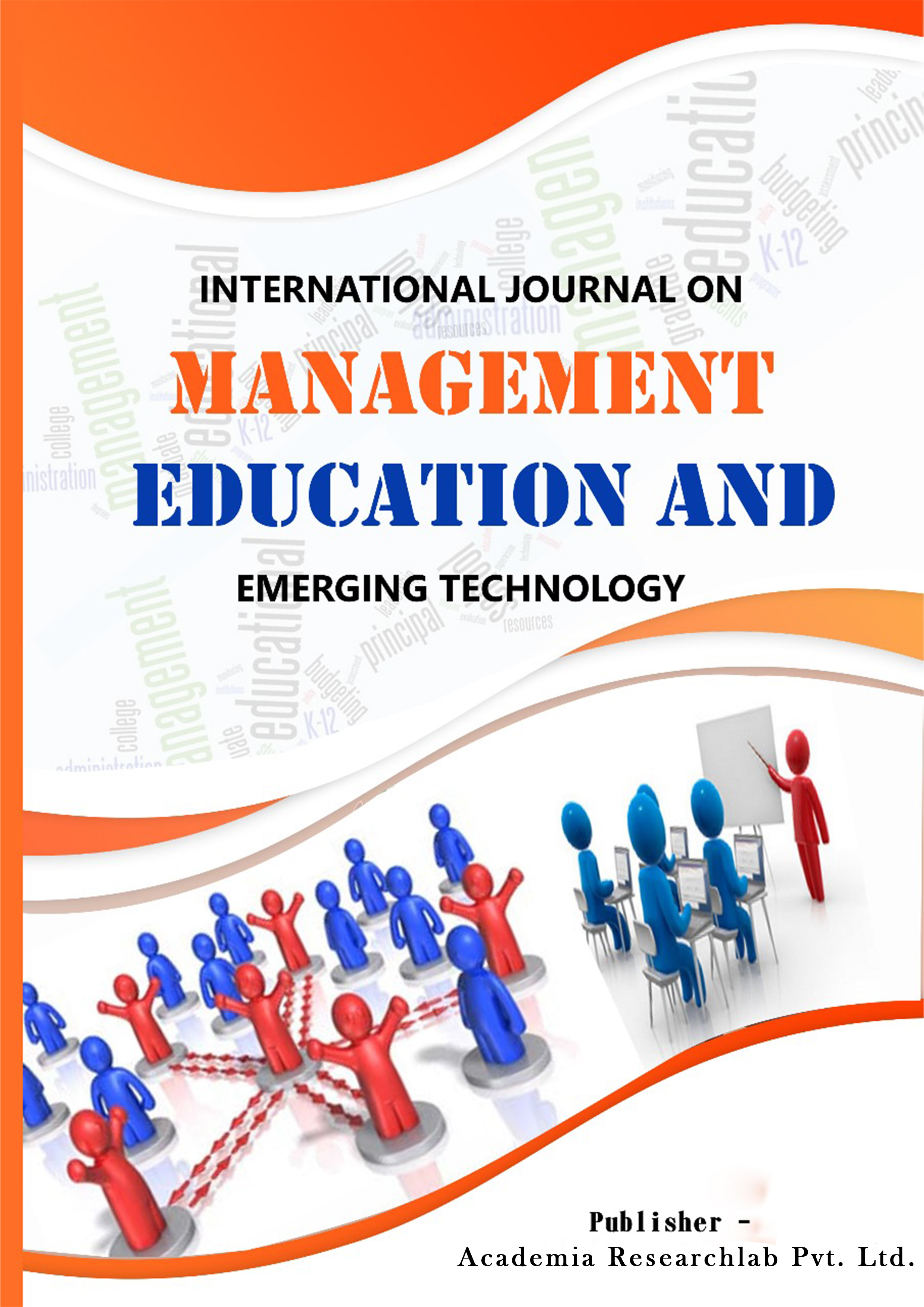Socioeconomic Background that Affects the Reading Comprehension of Grade 2 Pupils in Selected Elementary Schools in Cabiao, Nueva Ecija
Keywords:
Polytechnic University of the Philippines–Cabiao Campus, Bachelor in Elementary Education, Socioeconomic Background, Reading Comprehension, Parental Support, Financial CapabilityAbstract
This study examined the impact of vocabulary skills on the reading comprehension of Grade 2 pupils in selected elementary schools in Cabiao, Nueva Ecija. Specifically, it examined independent vocabulary awareness, support, and application, and how these factors relate to comprehension levels. Using a descriptive quantitative design with quota sampling, the researchers assessed 114 pupils identified as struggling readers through validated questionnaires and secondary reading comprehension data. Results showed that independent vocabulary awareness, support, and application were rated as "Good," while overall reading comprehension remained at the instructional level. Statistical analysis using Pearson's r indicated no significant correlation between vocabulary skills and reading comprehension. The findings suggest that although vocabulary development supports reading readiness, it does not predict comprehension outcomes in isolation. This highlights the need for varied instructional approaches addressing decoding skills, fluency, and contextual reading strategies.
References
American Psychological Association. (2017). Education and socioeconomic status factsheet. Retrieved from https://www.apa.org/pi/ses/resources/publications/education
Capotosto, L., DeFlorio, L., & Schlesinger, M. (2017). Exploring associations between parental supportiveness and children’s reading skills. AERA Open, 3(3), 1–15. https://doi.org/10.1177/2332858417714457
Department of Education. (2019, November 22). Hamon: Bawat Bata Bumabasa (3Bs Initiative) (DepEd Memorandum No. 173, s. 2019). https://www.deped.gov.ph/wp-content/uploads/2019/11/DM_s2019_173-NEW.pdf
Gunnerud, H. L., Foldnes, N., & Melby-Lervåg, M. (2022). Levels of skills and predictive patterns of reading comprehension in bilingual children with an early age of acquisition. Reading and Writing, 35, 2365–2387. https://doi.org/10.1007/s11145-022-10286-2
OECD. (2023). Review of education policies: Socio-economic status. Retrieved from https://gpseducation.oecd.org/revieweducationpolicies/
PLOS ONE. (2023). Impact of school socioeconomic status on literacy development. PLOS ONE. https://journals.plos.org/plosone/article?id=10.1371/journal.pone.0295606
Additional Files
Published
How to Cite
Issue
Section
License
Copyright (c) 2025 International Journal on Management Education and Emerging Technology(IJMEET)

This work is licensed under a Creative Commons Attribution-NonCommercial-NoDerivatives 4.0 International License.





